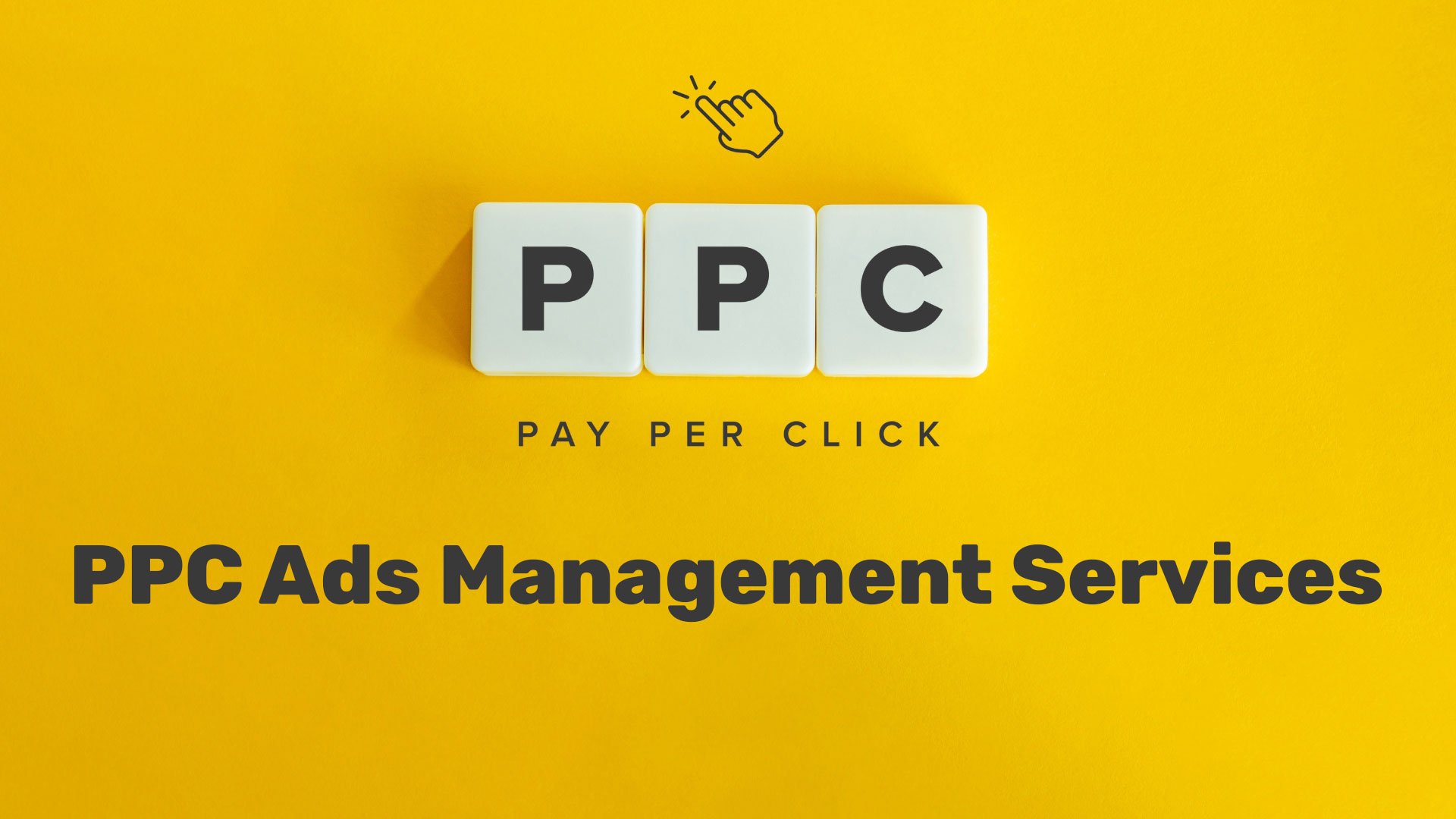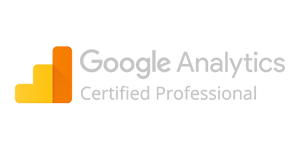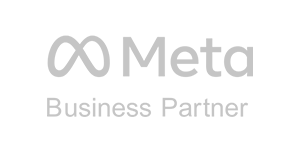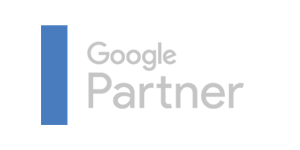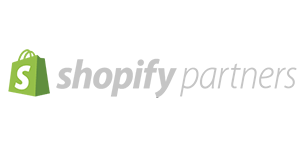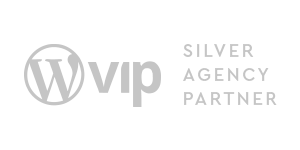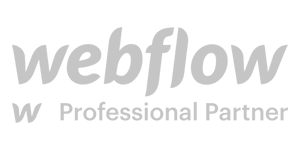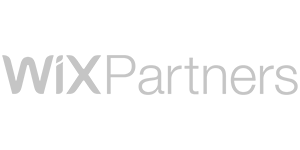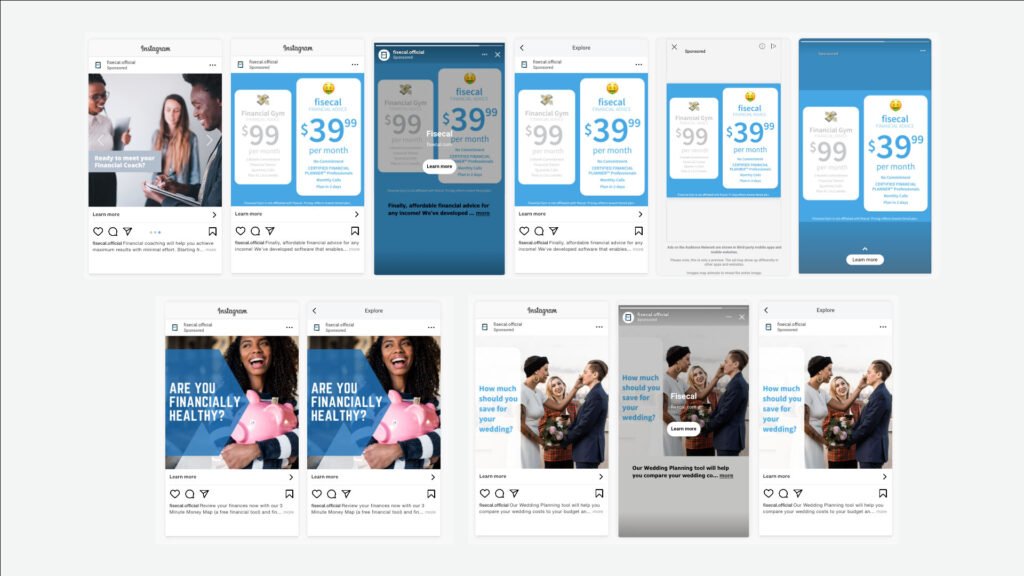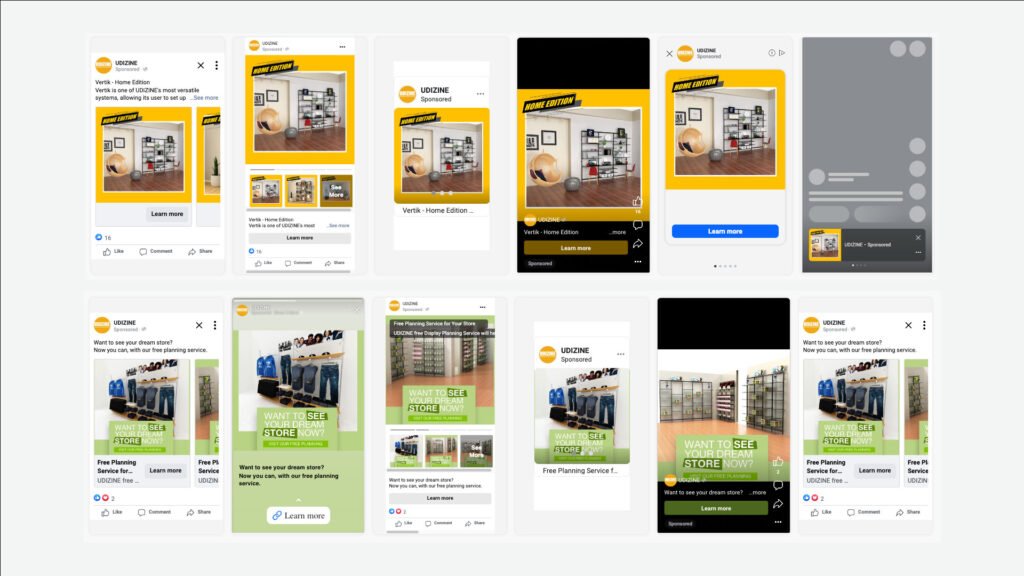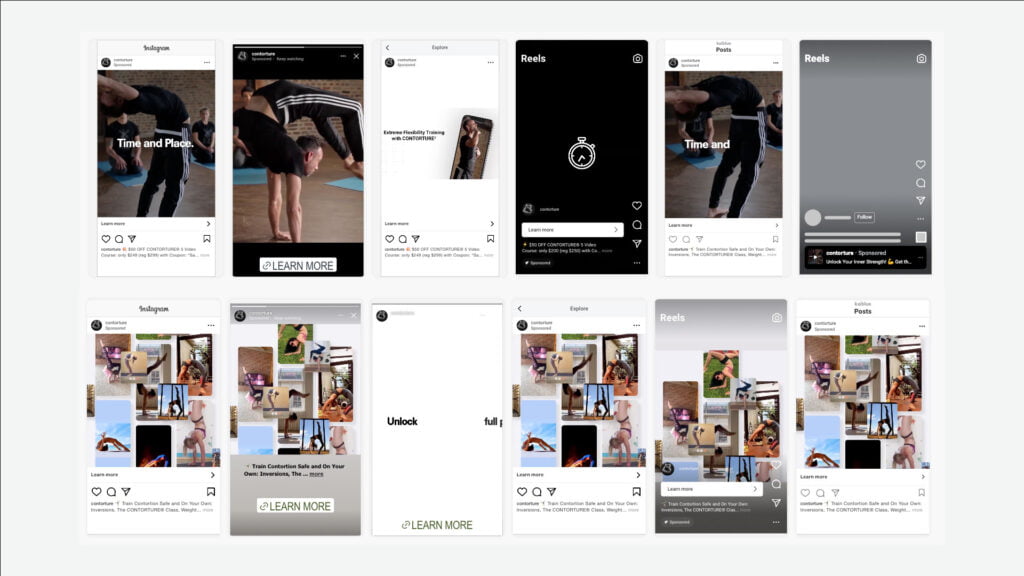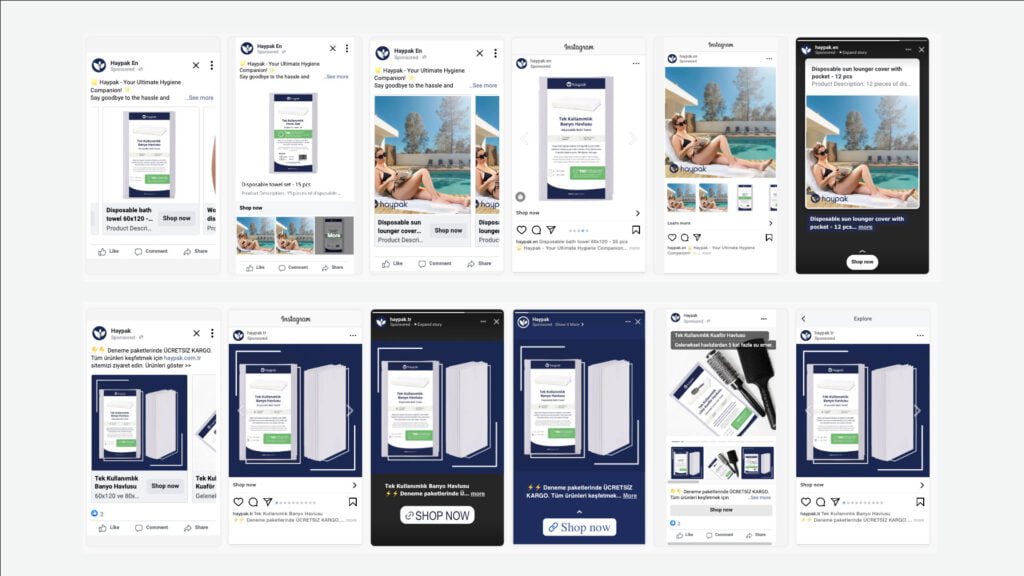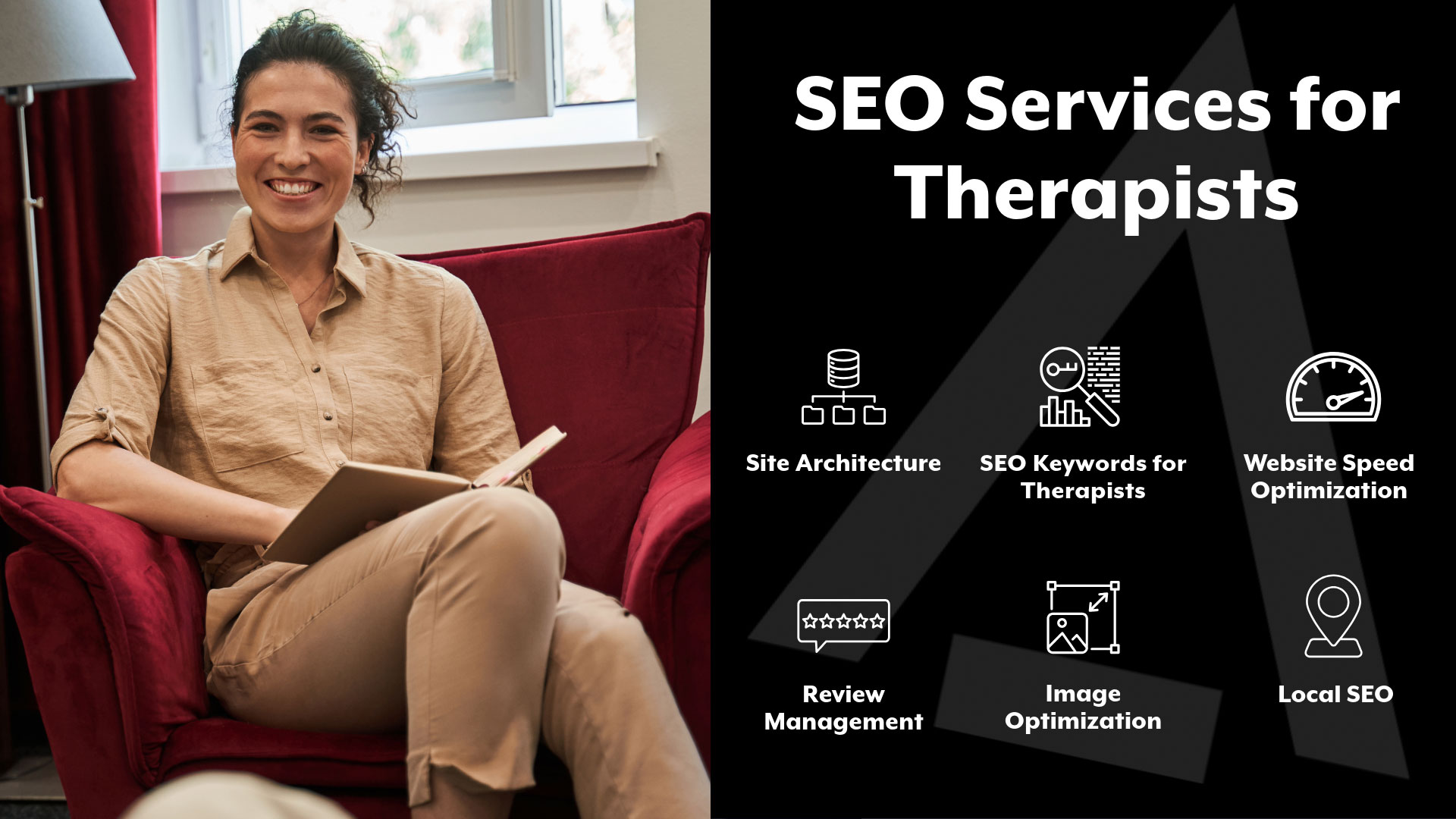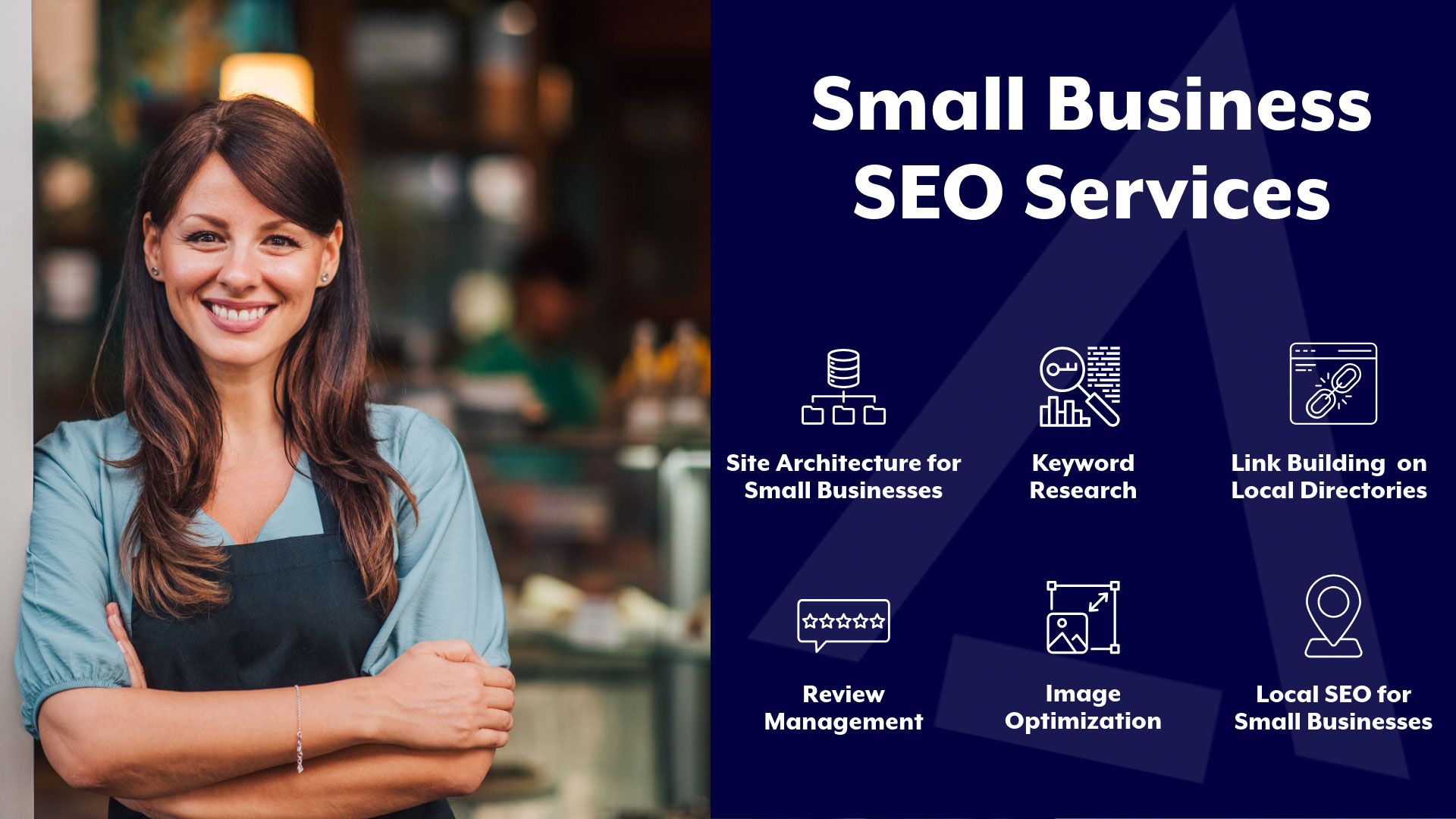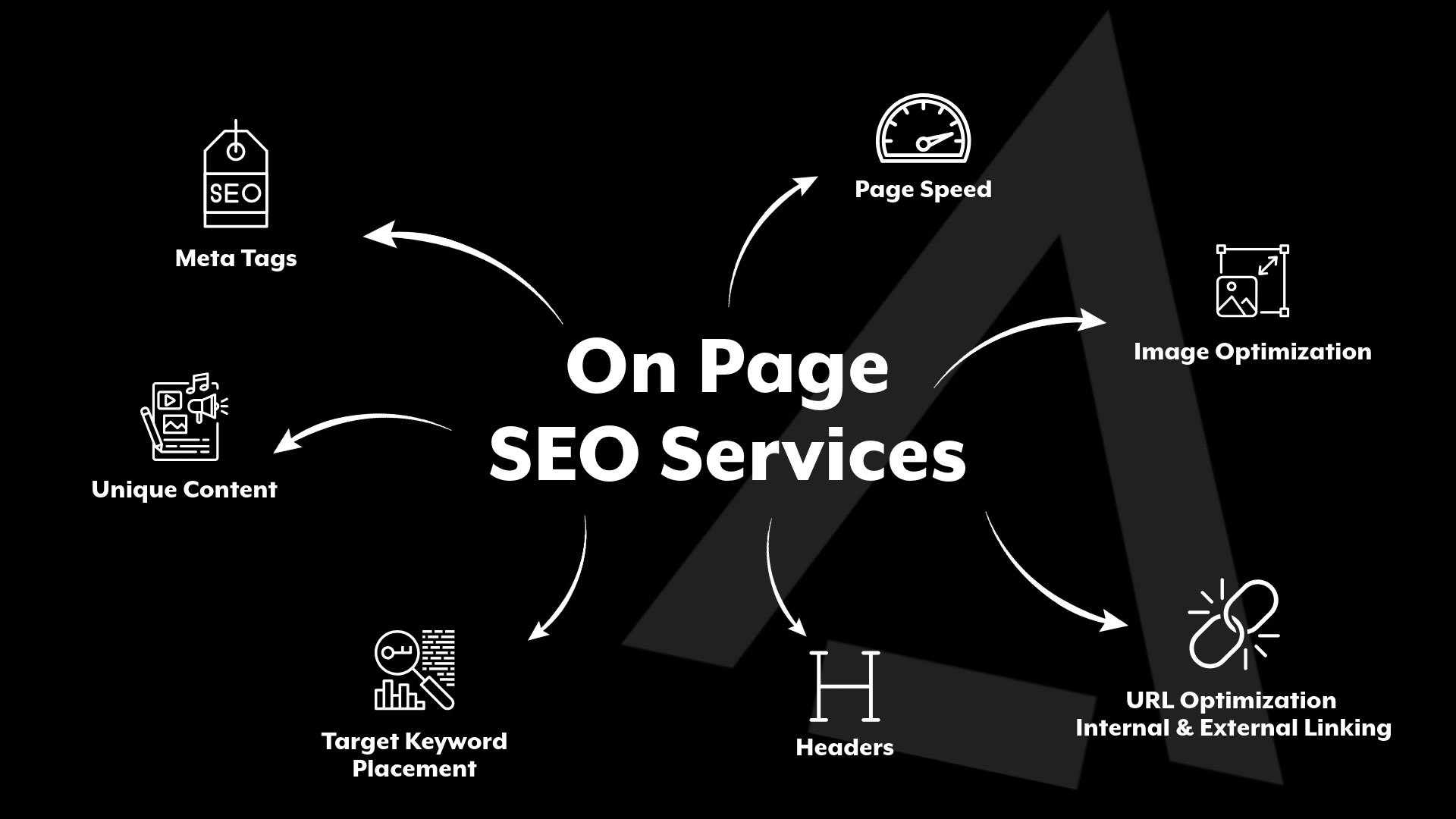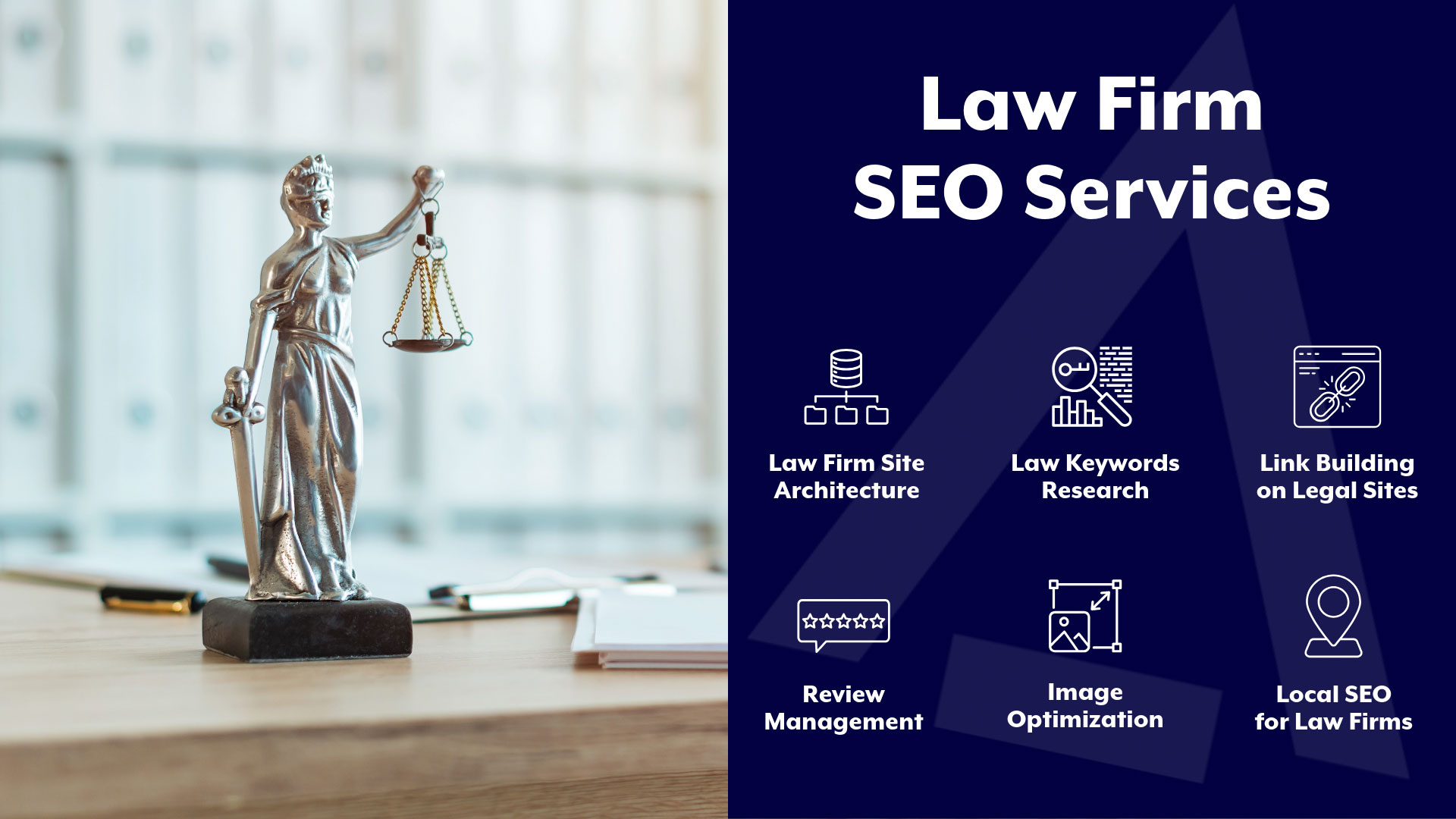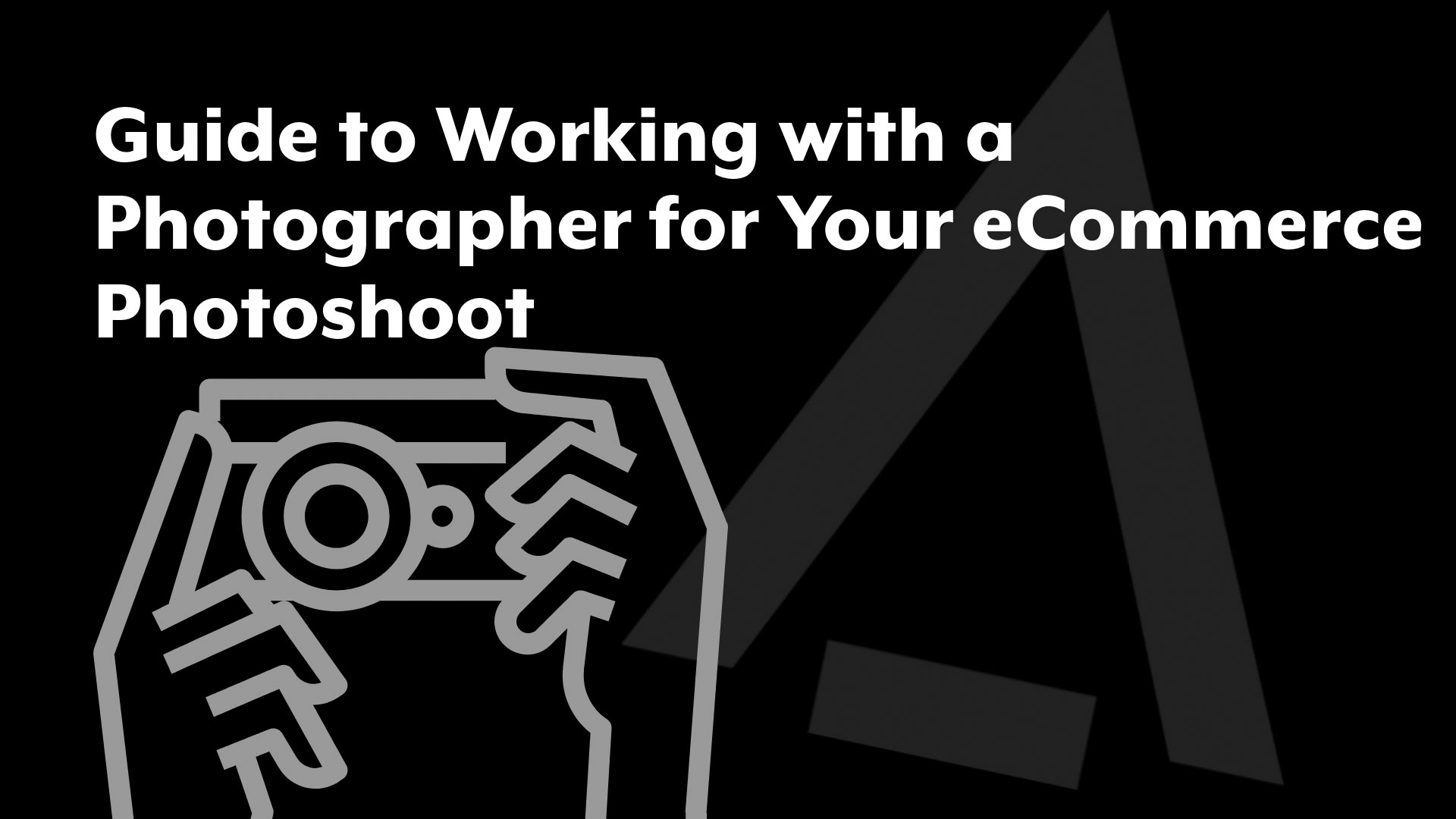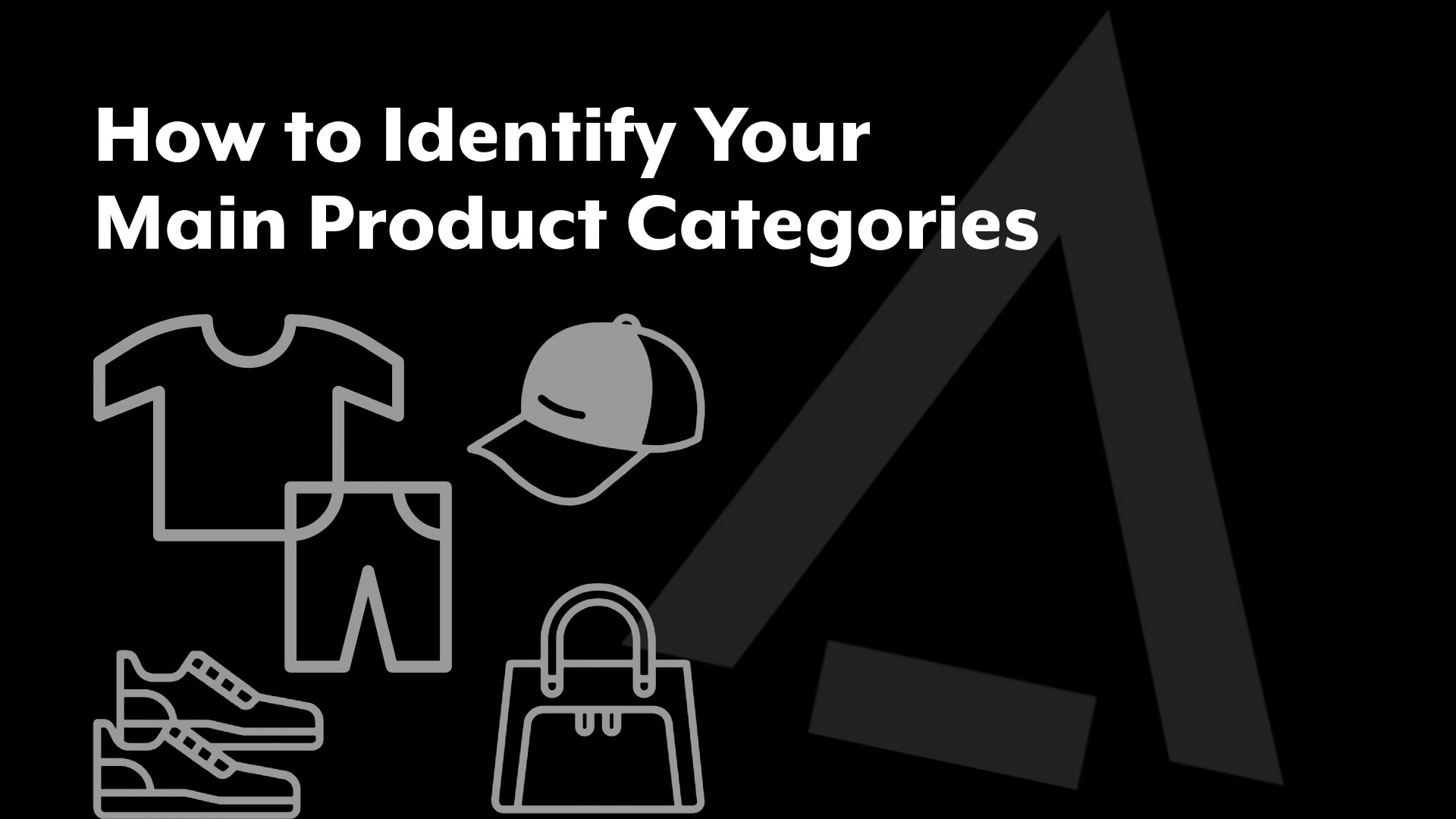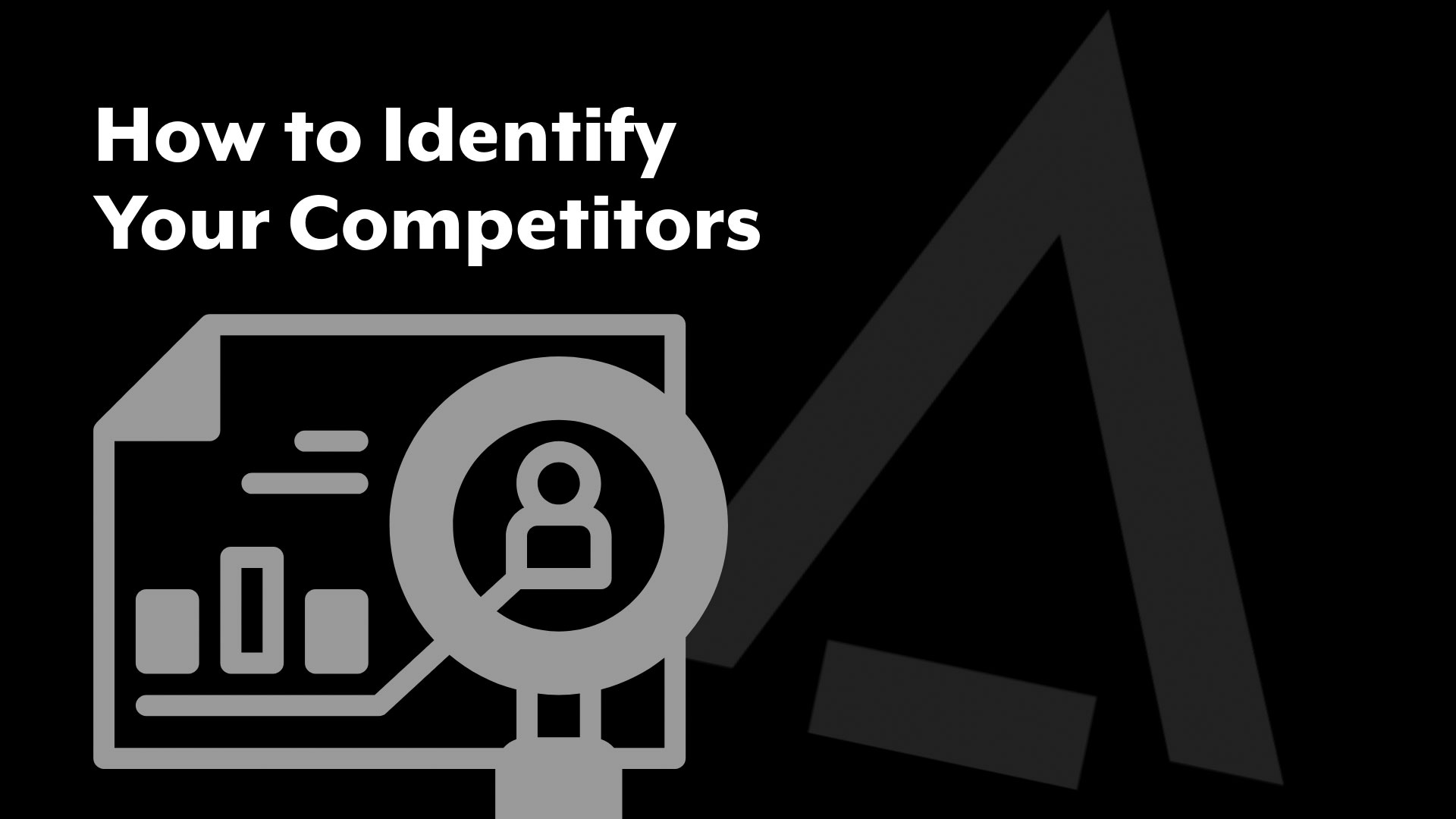PPC services, or Pay-Per-Click services, refer to a range of offerings provided by digital marketing agencies or professionals to help businesses create, manage, and optimize their PPC advertising campaigns. These services are designed to maximize the effectiveness of pay-per-click advertising, which is a model where advertisers pay a fee each time their ad is clicked.
Key components of PPC services typically include:
- Keyword Research: Identifying and selecting relevant keywords that potential customers are likely to use when searching for products or services. This is crucial for targeting the right audience.
- Ad Creation: Developing compelling and engaging advertisements that resonate with the target audience. This includes crafting ad copy, designing graphics or visuals, and creating compelling calls-to-action.
- Campaign Setup: Structuring and organizing PPC campaigns, including creating ad groups, selecting targeting options, and setting budgets. Proper campaign setup is essential for effective ad delivery.
- Bid Management: Strategic management of bid amounts for selected keywords to ensure optimal ad placement. Bid management involves adjusting bids based on factors such as competition and desired campaign goals.
- Landing Page Optimization: Ensuring that the landing pages linked to the ads are well-designed, relevant, and optimized for conversions. This contributes to a seamless user experience and higher conversion rates.
- Monitoring and Analysis: Continuous monitoring of campaign performance, including tracking key metrics such as clicks, impressions, click-through rates, and conversions. Analysis of this data helps in making informed decisions for campaign improvement.
- A/B Testing: Conducting experiments with different ad elements (such as headlines, copy, or visuals) to determine which variations perform better. A/B testing helps refine campaigns for optimal results.
- Remarketing Strategies: Implementing strategies to re-engage users who have previously interacted with the website but did not convert. This involves showing targeted ads to users as they browse other websites or platforms.
- Reporting and Insights: Providing clients with regular reports and insights into campaign performance. Clear reporting helps clients understand the impact of their PPC investment and informs future strategic decisions.
- Optimization and Adjustments: Proactively making adjustments to campaigns based on performance data. This includes refining keywords, adjusting bids, and optimizing targeting parameters to achieve better results.
PPC services are valuable for businesses looking to leverage the benefits of paid advertising on platforms like Google Ads, Bing Ads, and social media channels. These services aim to deliver a strong return on investment by driving targeted traffic, increasing brand visibility, and ultimately contributing to business growth.


